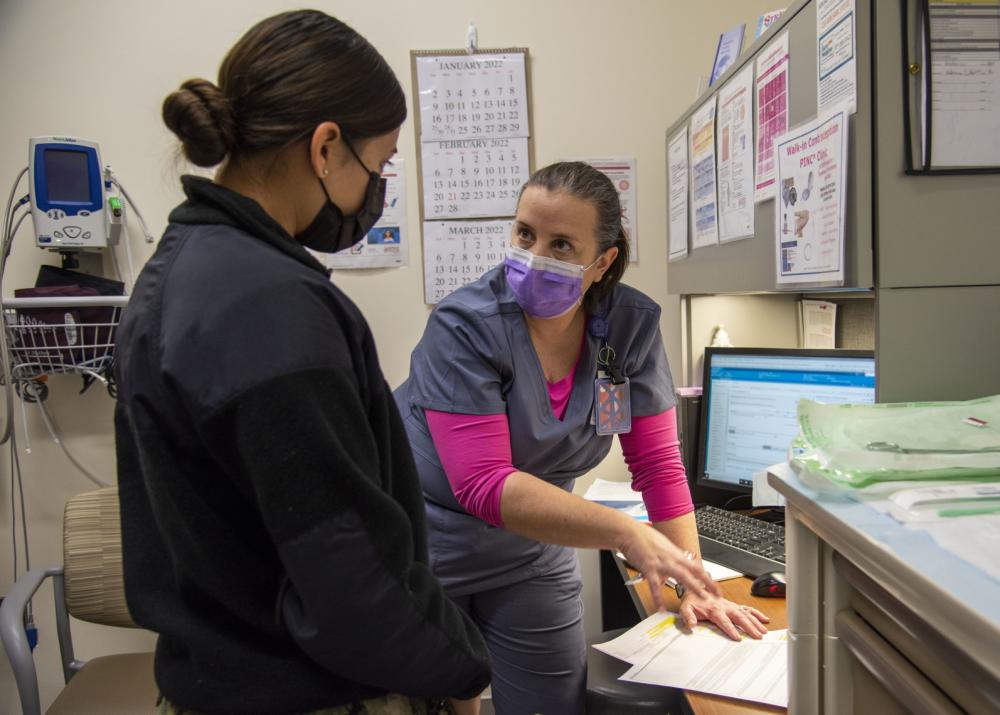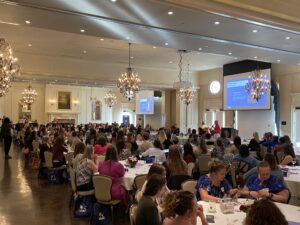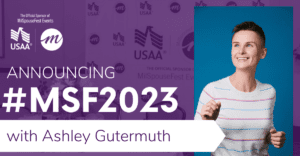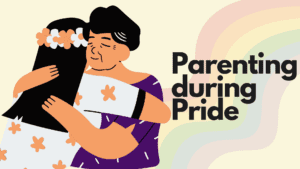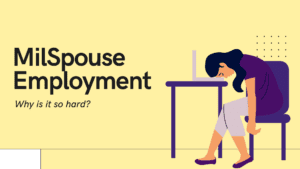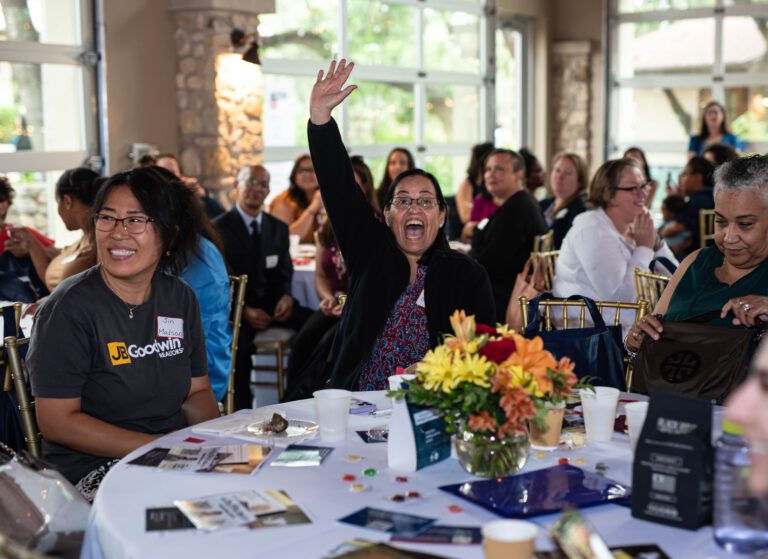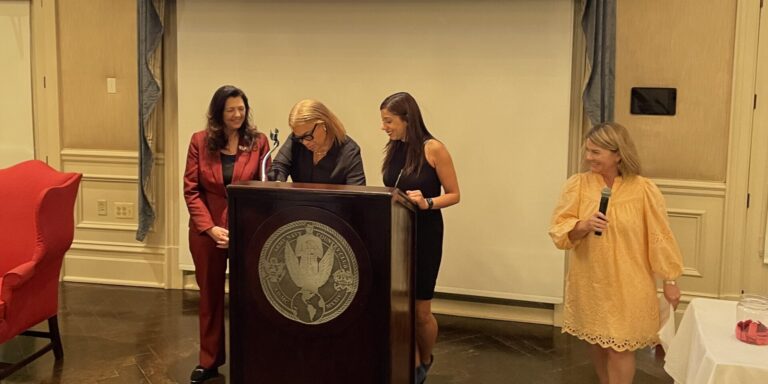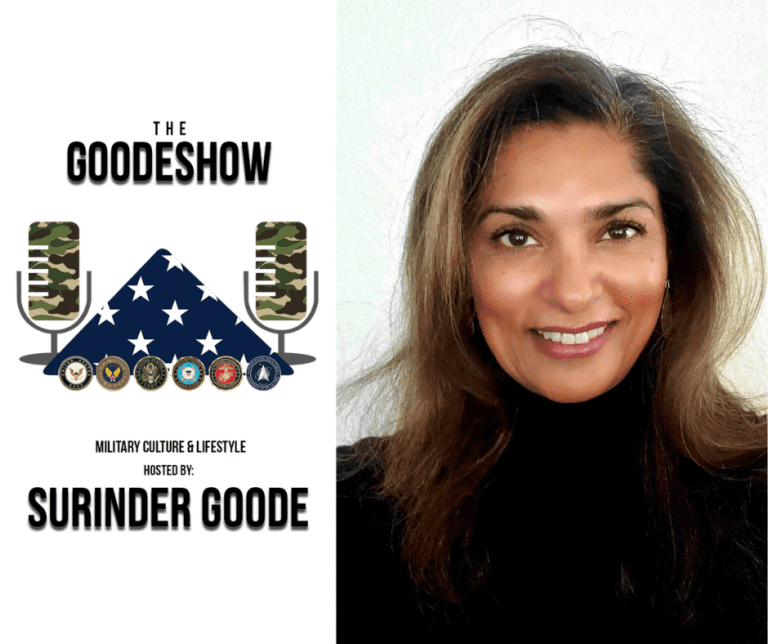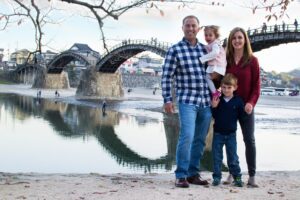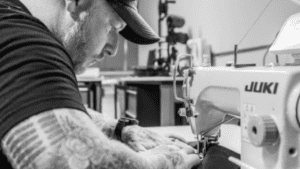Originally written in 2020 by Lizann Lightfoot, edited for up-to-date content by Mary Montoya in 2022.
When our family first moved overseas, my husband and I knew we wanted to have another child someday, but we figured that having a baby overseas would be an adventure too wild and dangerous for us. But. . . after living there for a year and meeting lots of other moms who had a baby on base, we realized it wasn’t a big deal. The naval hospital on base wasn’t that different from the hospitals where I had delivered our other babies.
Our fourth child was born overseas on a Spanish naval base. While I was pregnant, I was confronted with many assumptions and questions. Some of these were completely false. Others were partially true. I’m here to sort it all out.
Before diving into this article, keep in mind the recent changes to laws on immigration. In the past, children born to U. S. citizens in U. S. military hospitals or diplomatic facilities abroad were considered to be “born on US soil.” They were automatically granted U. S. citizenship under Immigration and Nationality Act 320. However, immigration policies change the definition of “residing on US soil” to exclude military installations since they are technically overseas. Children born to service members abroad obtain US citizenship obtain their status from their parents.
If the parents are married to each other, the child is a U.S. citizen if:
- Both parents are U.S. citizens, and at least one of the parents lived in the U.S. at some point before the child was born; or
- One parent is a U.S. citizen, and the U.S. citizen parent lived in the U.S. for at least five years prior to the child’s birth, at least two of which were after the age of fourteen. Time spent serving the military or as a military dependent overseas counts as “time spent in the U.S.” for this purpose.
If the parents are not married to each other, the child is a U.S. citizen if:
- The mother is a U.S. citizen, and spent at least one year in the U.S. prior to the child’s birth; or
- Only the father is a U.S. citizen, and the father lived in the U.S. for at least five years prior to the child’s birth, at least two of which were after the age of fourteen (time spent in the military counts for this purpose).
After the parents have determined that their child is a U.S. citizen, they need to apply for a Consular Report of Birth Abroad at the nearest U.S. consulate.
1. If your baby is born overseas, they will have dual citizenship!
False.
In most cases, being born on foreign soil does not automatically make someone a citizen of that country. Citizenship is based on the parents’ nationality. If both parents are American, the baby is also American, no matter where he or she is born.
However, if one parent is from a different country or has dual citizenship with the US, then the parents can apply for the baby to be declared a citizen of that country or be a dual citizen. Countries have different policies about dual citizenship with America: Some countries permit dual citizens with a passport from each country; other countries only allow one passport at a time and will require citizen applicants to surrender foreign passports. You will have to research the specific laws for your situation and the country where you have a baby.
2. Your baby won’t have a birth certificate.
False.
A birth record for a U.S. citizen born abroad is called a Consular Report of Birth Abroad (CRBA) and is issued by the Federal Government instead of an individual state. A CRBA is the equivalent of a certified birth certificate, and can typically be used for legal purposes such as applying for a passport or providing proof of U.S. citizenship.
A CRBA can be obtained by downloading and filling out an application and submitting it along with all required documentation as described on the application. It is issued by the U.S. State Department. Definitive turnaround times are not available as they are dependent upon the volume and workload of State Department personnel.
3. You will give birth in a foreign hospital where doctors don’t speak English.
Usually false.
Most military bases overseas have a hospital on base, staffed by American military doctors and nurses. These facilities have OB-GYN, labor, and delivery, and pediatric specialists to accommodate the needs of young military families. They deliver babies every week, so you will be in good hands with their staff. TRICARE covers all typical pregnancy and birth costs at the on-base hospital.
In some areas, smaller overseas military hospitals are not equipped for high-risk pregnancies, emergency surgery, or a NICU. Patients needing these services will be sent off base, ideally to a facility with an English-speaking doctor. If there is no doctor who speaks English, TRICARE will provide a medical translator at no cost to you. Mothers I’ve talked to who delivered at off-base hospitals said the language barrier was a little complicated and added some stress to the birth, but overall they were happy with their options and their level of care.
4. You won’t be able to travel for months while you wait for you baby’s passport.
Sometimes true.
Yes, your baby will need a passport to travel outside the country–even on PCS orders. Passengers without identification are not allowed to travel and this includes babies. Some military bases have a passport processing center on base, but the passport application must go through the country’s American Embassy.
The approval process typically takes at least two months. You should not make any travel plans for at least three months after the baby is born. However, you can drive directly to an Embassy and pay a passport expedition fee, which will allow you to complete the process in four to six weeks. I know it’s possible. . . because that’s exactly what we had to do!
5. No one will be around to help you.
False.
Even though no family was able to visit me when I had a baby overseas, the base community was extremely supportive. Friends got together and brought us meals for almost two weeks. Neighbors took my older kids to school or picked them up to save me a trip. People donated baby clothes, toys, and bibs. I hired a housekeeper to come two hours a week to temporarily help me with the laundry and cleaning.
Even though we were stationed in a foreign country, adding another child to our family went more smoothly than expected. I am so thankful for the military families who helped make it possible!

